
Sponsored Contents | Mar 28,2022
Some movies build on simple concepts and manage to communicate more about family, life, and what is important than the bulkiest novels. One such movie is Onward, a film that exemplifies what Disney represents in the cinematic pantheon and how much of its integrity has been bankrupted in the incessant remaking of its own classics.
The way the film has been marketed makes Onward sound like a run-of-the-mill road movie with fantasy sprinkled all around. But what we really get with the film is a thoughtful movie about sacrifice, love, regret and memory.
The first 15 minutes of the movie does not inspire confidence. It introduces us to two brothers: Ian is nerdy, introverted and constantly second-guessing himself, and the older Barley is precisely the opposite. Right out of the gate, they seem one-dimensional.
The plot does not seem sophisticated at first. On Ian’s 16th birthday, their mother gives them a gift their late father left them before he passed away. It is a magic staff. A letter attached to it reveals that by saying a spell and using the staff with a rare magic gem, they can bring back their father for just one day.
The spell - for a reason that remains unexplained - does not work. It ends with only the lower half (just a pair of legs) of their father being formed and the gem exploding.
The brothers do not despair. They figure that they have 24 hours to locate another gem and finish the spell, form the remaining half of their father and talk to him one last time.
It is not hard to predict what happens next. On the road, the two brothers bond and realise that it is not the destination that matters but the journey itself. This is a standard road movie formula and Onward is guilty of this kind of predictability.
Sometimes, though, the execution matters more than the concept. In the second and third acts, the film transforms its protagonists into three-dimensional characters. They are flawed, skeptical of each other's strengths and selfish. They are presented with an opportunity to get something they have always wanted (seeing their father) but must overcome several obstacles. The questionable decisions they make and how they finally learn that happiness comes from making others happy is what makes the movie important.
This is a film with heart. It is the type of original, family-oriented, smart, entertaining Disney movie I grew up watching. With Beauty and the Beast, Aladdin and The Lion King, the studio demonstrated its commitment to creating content - with themes such as death and the meaning of beauty - that was as engaging as it was challenging.
By inundating its library over the years with the likes of Frozen, and the remaking of classics such as Aladdin and The Lion King, it has taken the magic out of what makes the studio unique and cross-generational. Onward is a welcome return to form. Like Inside Out and Coco, it has shown Disney is still capable of producing great cinematic achievements.
Beyond the studio, the film owes its brilliance to its director, Dan Scanlon, who made his directorial debut with Monsters University. With Onward, he imbues the movie with nuanced touches that make typically monotonous scenes look cinematic.
The best moment of the film is a testament to Scanlon's talent - Barley rigging his car to collide with a boulder. Using audio-visual techniques, the car driving up a hill and into a boulder is made to look like a selfless heroine galloping on a horse to her death in the hopes of saving her compatriots.
Unfortunately, with Disney, original movies are always at risk of being tarnished by a sequel or a remake several years after they are released. Best to enjoy this movie before the studio decides to ruin it for the sake of making more money.
PUBLISHED ON
Mar 14,2020 [ VOL
20 , NO
1037]

Sponsored Contents | Mar 28,2022
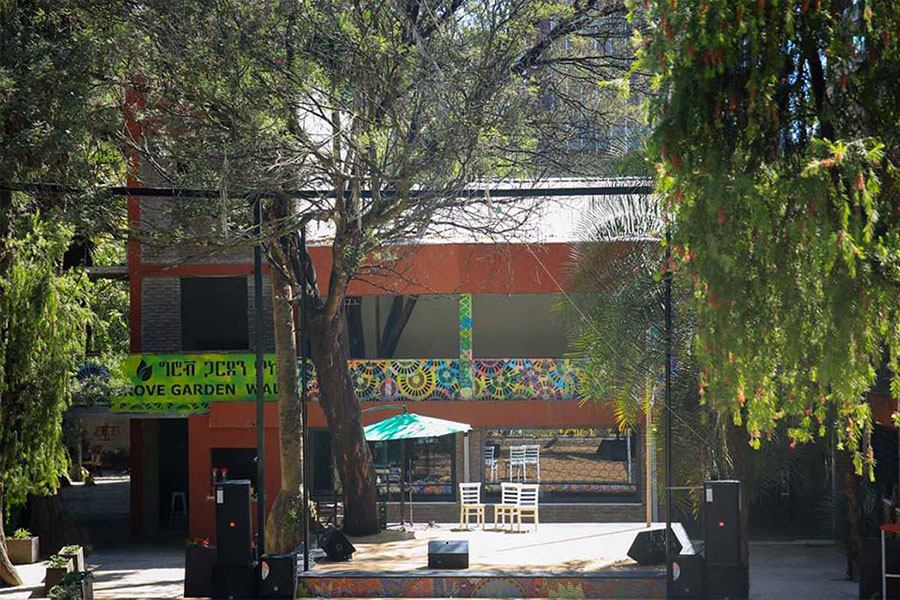
Fortune News | Dec 19,2021
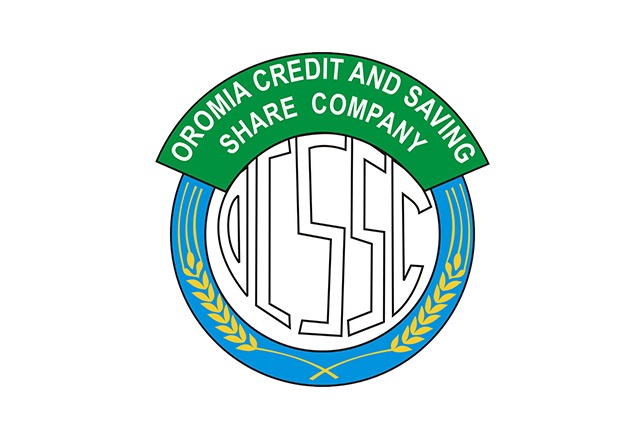
Fortune News | May 23,2021

Commentaries | May 21,2022
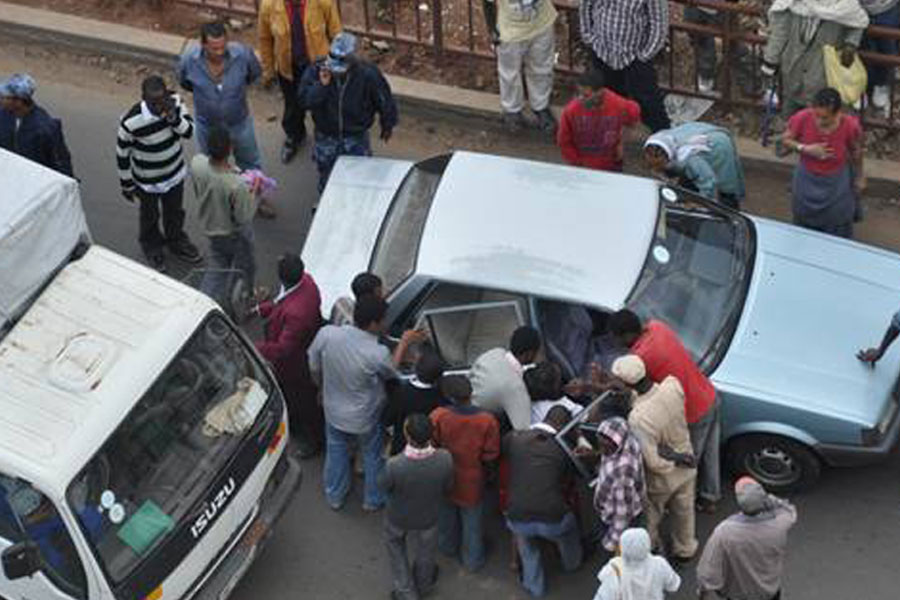
Fortune News | Dec 25,2021

Fortune News | Jul 11,2021
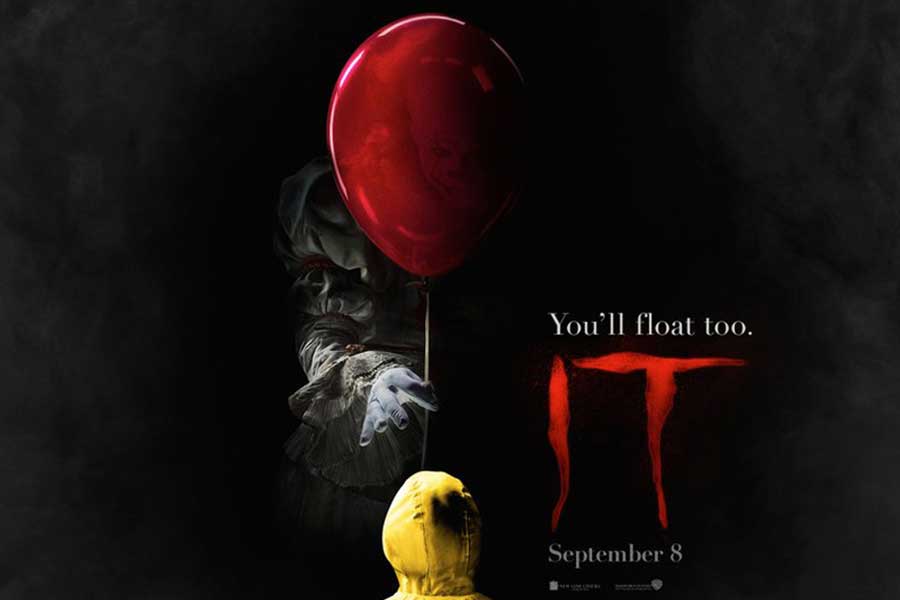
Films Review | Sep 14,2019

Radar | Mar 26,2022
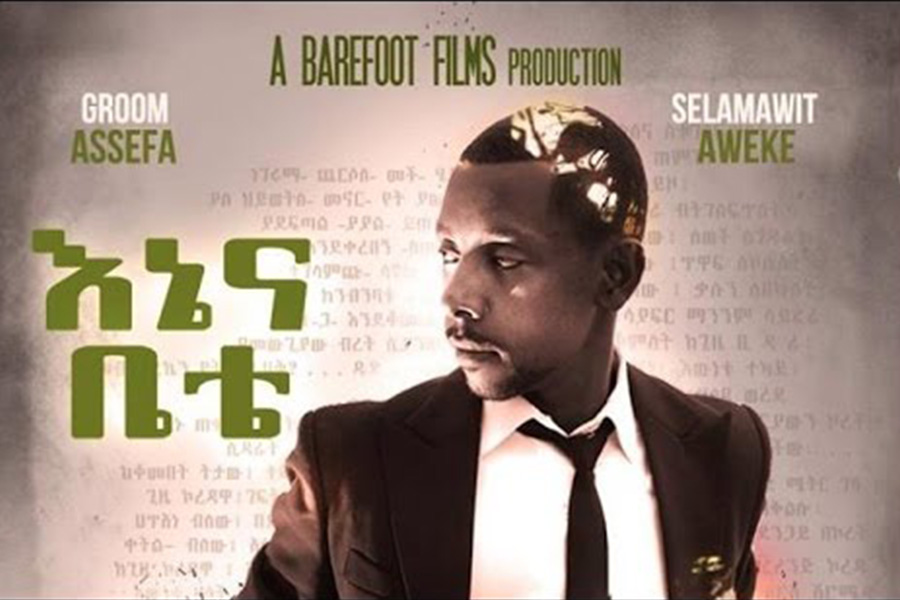
Films Review | Mar 28,2020

Fortune News | Jun 05,2021

Photo Gallery | 154172 Views | May 06,2019

Photo Gallery | 144423 Views | Apr 26,2019

My Opinion | 134928 Views | Aug 14,2021

Photo Gallery | 132708 Views | Oct 06,2021

Sep 6 , 2025
The dawn of a new year is more than a simple turning of the calendar. It is a moment...

Aug 30 , 2025
For Germans, Otto von Bismarck is first remembered as the architect of a unified nati...

Aug 23 , 2025
Banks have a new obsession. After decades chasing deposits and, more recently, digita...

Aug 16 , 2025
A decade ago, a case in the United States (US) jolted Wall Street. An ambulance opera...

Sep 7 , 2025 . By NAHOM AYELE
Addis Abeba's sixth public land lease auctions after a five-year pause delivered mixe...

Sep 7 , 2025 . By BEZAWIT HULUAGER
Brook Taye (PhD), the chief executive of the Ethiopian Investment Holdings (EIH), is...

Sep 7 , 2025 . By BEZAWIT HULUAGER
For decades, Shemiz Tera in the Addis Ketema District of Atena tera has been a thrivi...

Sep 7 , 2025 . By NAHOM AYELE
A dream of affordable homeownership has dissolved into a courtroom showdown for hundr...